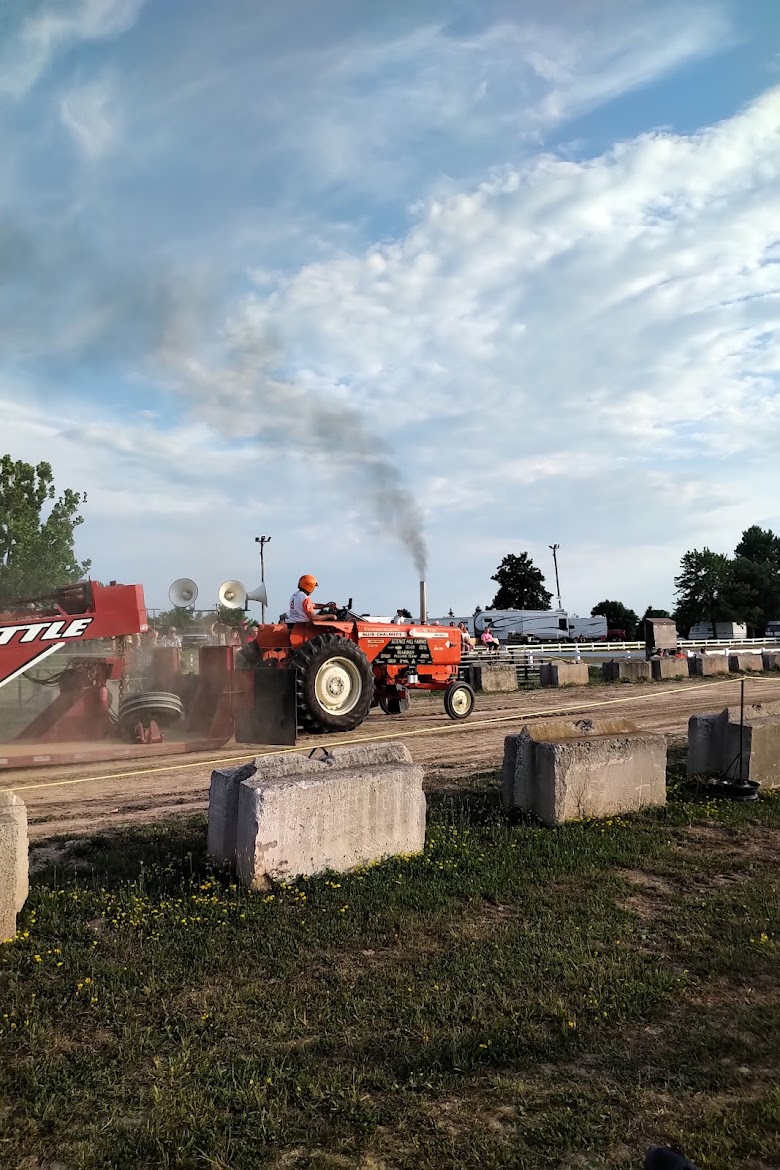The Trans Mountain Pipeline is 1,050 kilometres in length and has a diameter of 610 millimetres, which is about 24 inches, for most of that length. The Trans Mountain Pipeline can transport approximately 300,000 barrels of oil per day and can transport different products in batches rather than being limited to transporting one product type at a time. It has been in operation since 1953 and crosses the provincial boundary between Alberta and British Columbia. Since it is an interprovincial pipeline, it is regulated pursuant to the federal National Energy Board Act and the National Energy Board Pipeline Crossing Regulations and is subject to the oversight of the NEB.
Trans Mountain has recently been ordered to pay $250,000 after the pipeline was damaged during excavation work, resulting in an oil spill. A civil engineering company working for the City of Burnaby applied to Trans Mountain under Section 112 of the NEB Act for permission to excavate near the pipeline to complete works for a City storm sewer project. A crossing agreement was signed and then the engineering firm retained a construction company to carry out the work. During construction, no preconstruction meeting was scheduled or held between the construction company and Kinder Morgan, the pipeline company acting as agent for Trans Mountain.
The Foreman for the construction company reviewed a services map in conjunction with the project plans and determined that the planned construction work would conflict with the location of the pipeline. Kinder Morgan was advised of the potential conflict and requested to attend to locate and mark the pipeline in the area of the discrepancy. An inspector attended and located the pipeline, the location being consistent with the newly provided service map and inconsistent with the project plans prepared by the engineering firm and approved by Kinder Morgan.
Eventually, construction was being carried out on the site without the presence of an inspector from the pipeline company. No complete location of the pipeline was requested and no preconstruction meeting was held. Later, an excavator operator was widening the trench for the installation of an additional manhole when he pierced the pipeline. Pursuant to this training, the excavator operator attempted to cover the puncture in the pipe with the bucket of his excavator in order to contain the escape of oil. This led to a second puncture.
In handing down its sentence, the Court noted:
There was no benefit which flowed to any of the defendants from the pollution here. The spill was, on the contrary, an accident which could and should have been avoided. Culpability for each of the defendants is at the low end of the spectrum. A combination of small errors by each party created the event. There were misunderstandings, there were erroneous assumptions, but there was not even what might be referred to as real negligence and there was certainly no deliberate wrongdoing. Care was taken, but not enough care.
The Court imposed fines of $1,000 on each of the three companies involved - the engineering firm, the construction company and Trans Mountain. In addition, each company was ordered to pay $149,000 to the Habitat Conservation Trust Foundation. Trans Mountain was ordered to pay another $100,000 to the B.C. Common Ground Alliance for the purpose of "identifying parties engaged in construction or excavation, organizing and planning DigSafe BC! workshops, and raising awareness about damage prevention for those undertaking excavations near underground utilities."
